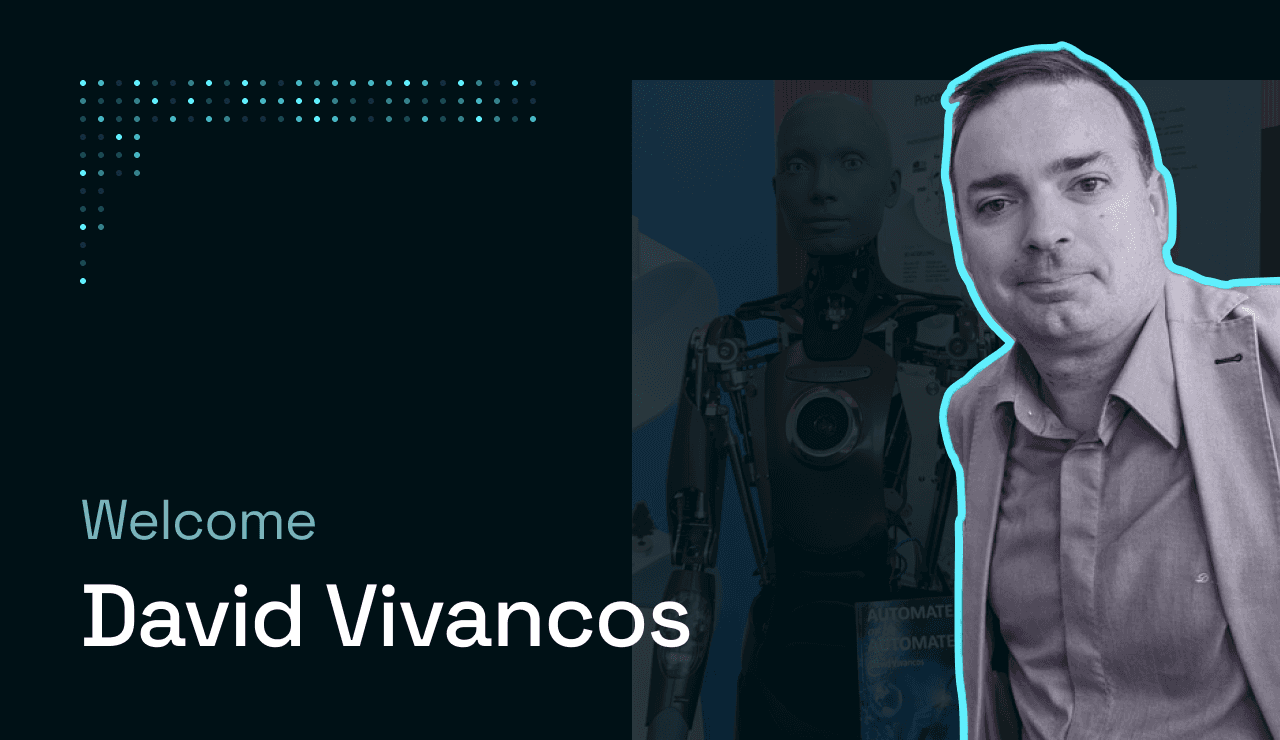Introducing Qubic’s Scientific Advisory Committee For AI Development
作者
The Qubic Team
2024年7月29日

We are thrilled to announce a major development at Qubic. David Vivancos, a scientist, AI executive advisor, author, and deep learning lead at MindBigData, has joined our newly formed Scientific Advisory Committee as a scientific advisor. David, who specialises in AGI research, has signed a contract to produce a research paper on Qubic and Aigarth. This paper will be a cornerstone for Qubic as we present it at international conferences and submit it for peer review.
The Role of Scientists Working With Qubic
In the rapidly evolving field of artificial intelligence, ensuring the credibility and validity of our approach is crucial. This is where the involvement of scientists becomes indispensable. Their expertise can help us attract the wider scientific community to review and validate our methodology, particularly as we transition from an engineering-focused approach to a more scientific method. This shift is essential for addressing any questions about uPoW and Qubic’s current mining process. By analysing our work from both intelligence and programming perspectives and documenting it through research papers and peer-reviewed studies, we can establish a solid foundation for our innovations.
The Role of The Scientific Advisory Committee
Our new Scientific Advisory Committee will be instrumental in validating and monitoring the development of Aigarth. Up until now, our focus has been mainly on engineering. But with development now at its midpoint, it's the perfect time to start documenting our progress in a scientific manner. This documentation will not only strengthen our approach but also, as discussed, enable us to share our findings at international conferences and undergo the rigorous peer review process.
Demonstrating Aigarth's Potential
By demonstrating practical use cases for Aigarth that break away from industry norms and supporting it with a comprehensive scientific paper, we can attract significant investment. A scientifically-backed demonstration can provide evidence of Qubic's uPoW utility and the existence of Aigarth, which is crucial for both marketing purposes and gaining the trust of potential investors.
Attracting Investment
With a peer-reviewed research paper validating our approach, we aim to catch the eye of major investors such as Grayscale and their decentralised AI fund. This scientific validation will provide a robust foundation for our claims and highlights the innovative potential of our technology.
Conclusion
Bringing a scientific advisory committee into Qubic and AIgarth’s development process is a strategic move that’s essential for our growth. It will help us document our progress scientifically, validate our methods, and attract both the scientific community and investors. This will position us strongly in the AI industry, ensuring our approach is credible, validated, and ready for the next stage of development.
Stay tuned for more updates as we continue this exciting journey!
About David Vivancos
‘Teaching Machines, Advising Humans, Exploring Brains’
With pioneer activities since 1995 in fields like: Internet, Java, Electronic Art, Virtual Reality, Artificial Intelligence, Apps, Nano Sciences, 3D Printing, Neuro computing or Deep Learning, including building 5 companies and several initiatives in these fields.
Keynote speaker with more than 400 conferences and seminars lectured worldwide. Associate lecturer in several universities, business schools & companies.
Advisor to committees and CEOs in the journey from the digital world to the fully automated world.
Hands on Thought Leader in the intersection of Neuroscience & Artificial Intelligence, with 25000 hours devoted to AGI research.
Author of the books “The End Of Knowledge” 2024, 2023, “Automate or Be Automated” 2020 & “From Big Data to Artificial Intelligence” 2019 & 2016.
Web: www.vivancos.com
Linkedin: https://www.linkedin.com/in/davidvivancos/
Twitter: https://twitter.com/VivancosDavid